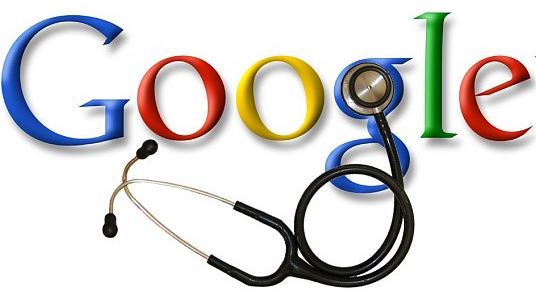This was a tiny survey, 27 women between 47 and 67 years of age, so the results are scientifically meaningless, but it is at least interesting that they found different levels of engagement with the internet for health information and those were driven by a range of attitudes and levels of trust. Women with little or no educational qualifications trusted "Dr. Google" less, and the Internet in general, believing it could lead to misdiagnosis or to unnecessary worry about what their symptoms might mean.
Obviously the greater trust in the Internet by more educated women, if even if the information is wrong, explains the prominence of vaccine denial and anti-farming sentiment among wealthy elites on the coasts, who tend to have more education. They trust the Internet and mommy bloggers like Zen Honeycutt over scientists and doctors.
The majority of women who distrusted the Internet for health advice went to see their GP, mostly because they felt that only a health care professional could resolve concerns about their symptoms and provide appropriate answers. The women who were more educated trusted the Internet more and used it to interpret and act upon their symptoms.

"The internet is a valuable source of medical information. However, it also contains a lot of poor quality information, or information which cannot be easily interpreted by lay people or applied to an individual situation, so it is not surprising that some people feel they cannot trust it, said Dr. Afrodita Marcu, Research Fellow at the University of Surrey. "The way that a person will capitalize on the internet for health purposes depends on many factors, like the nature of their symptoms or their fear about coming across misleading information, so we should not assume that 'Dr Google' is valuable and credible to all."






Comments